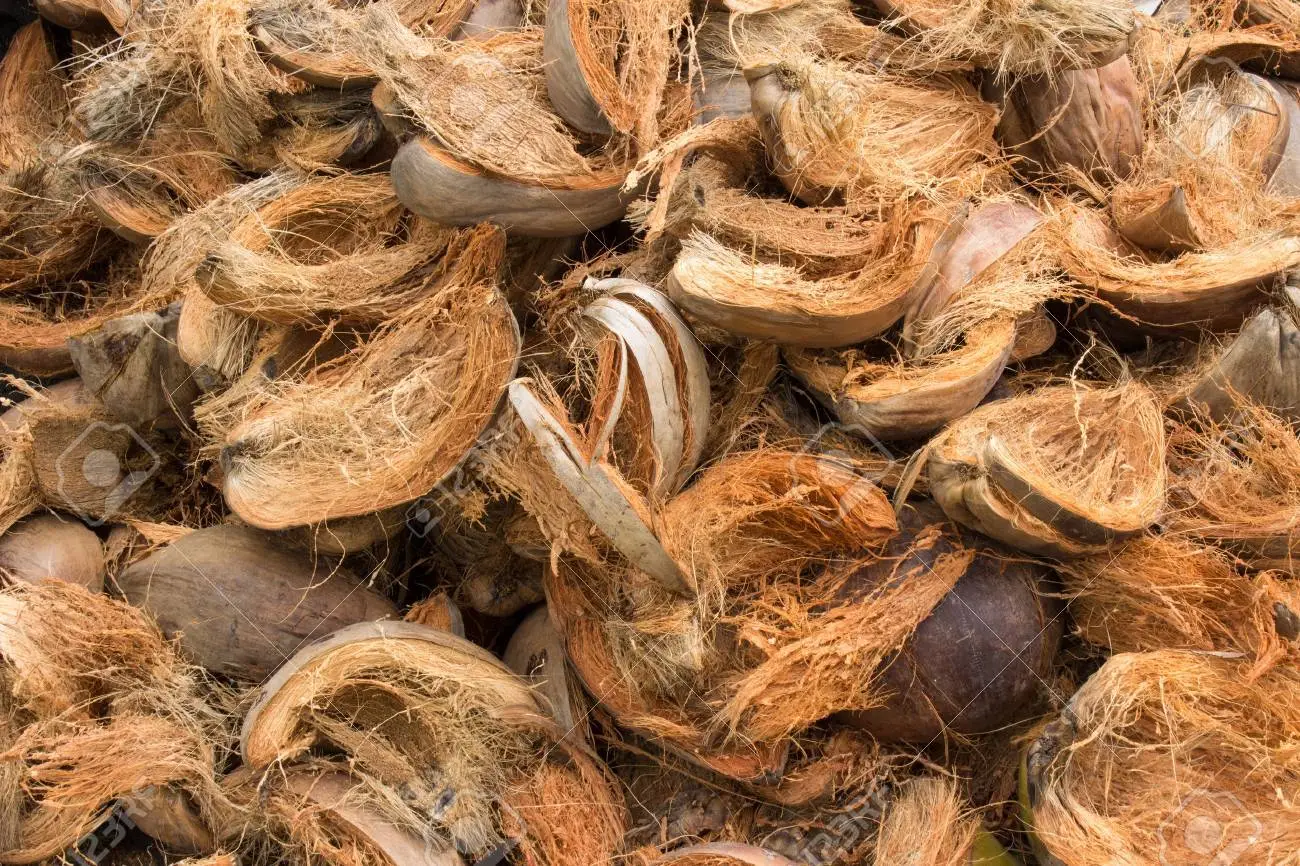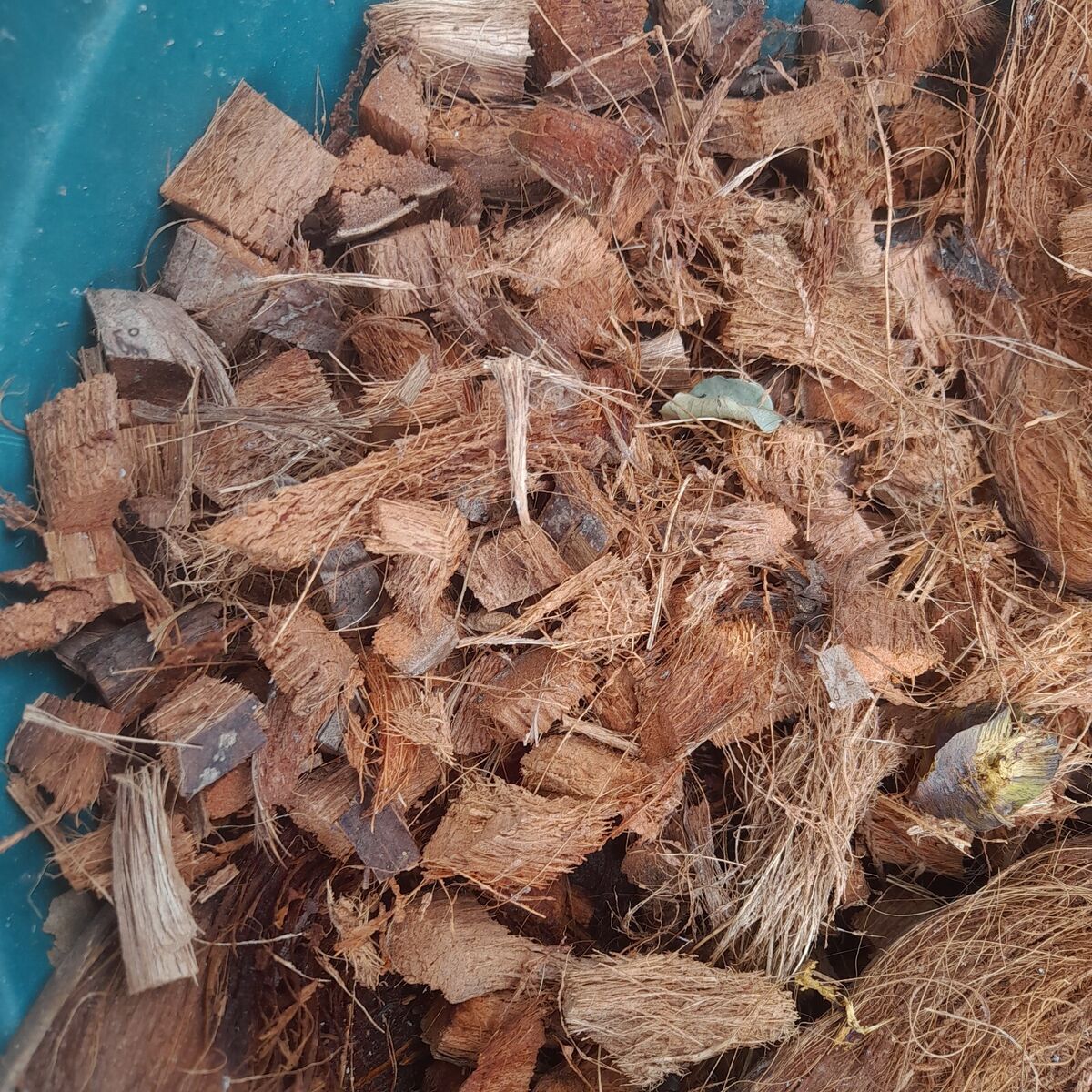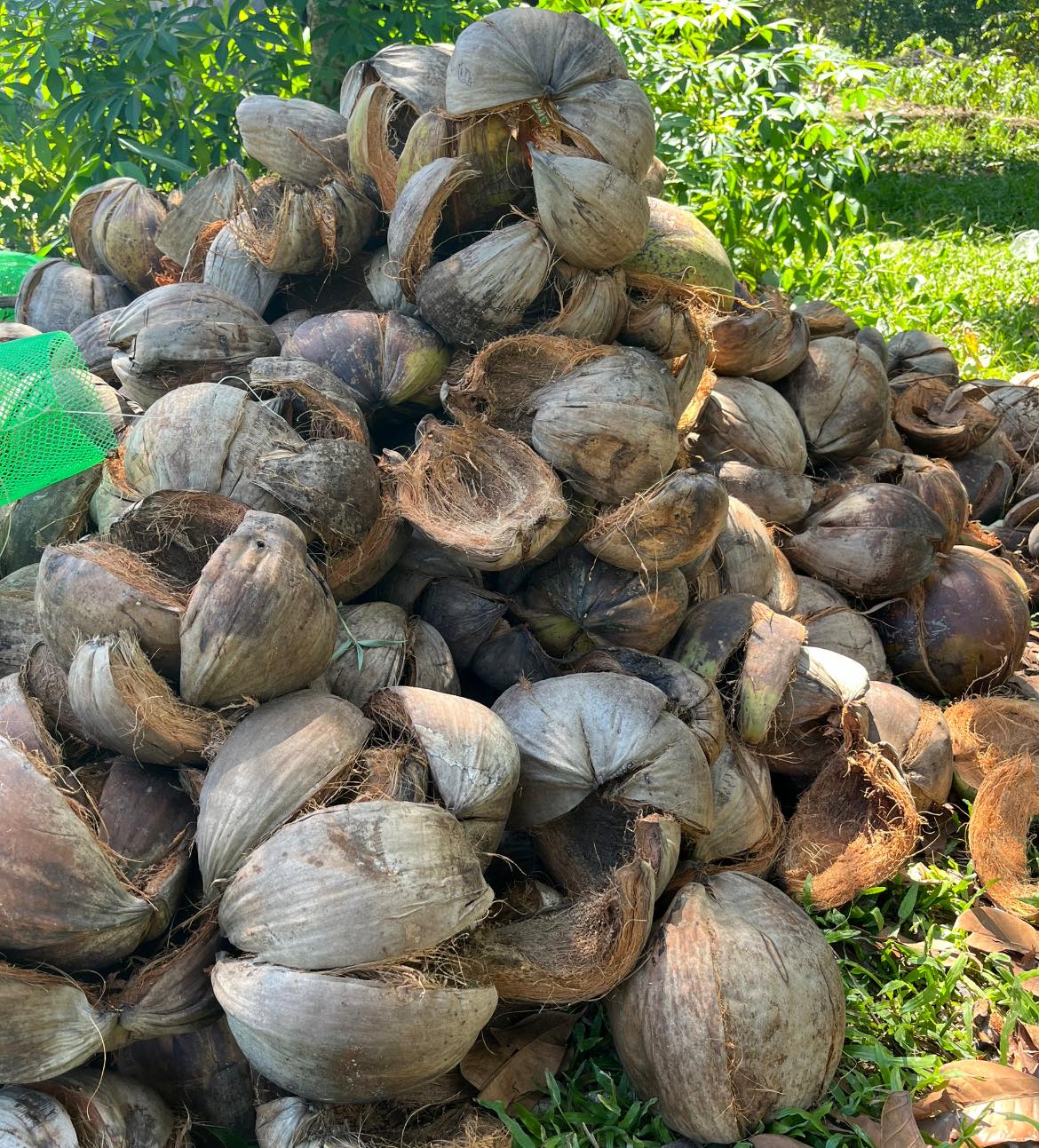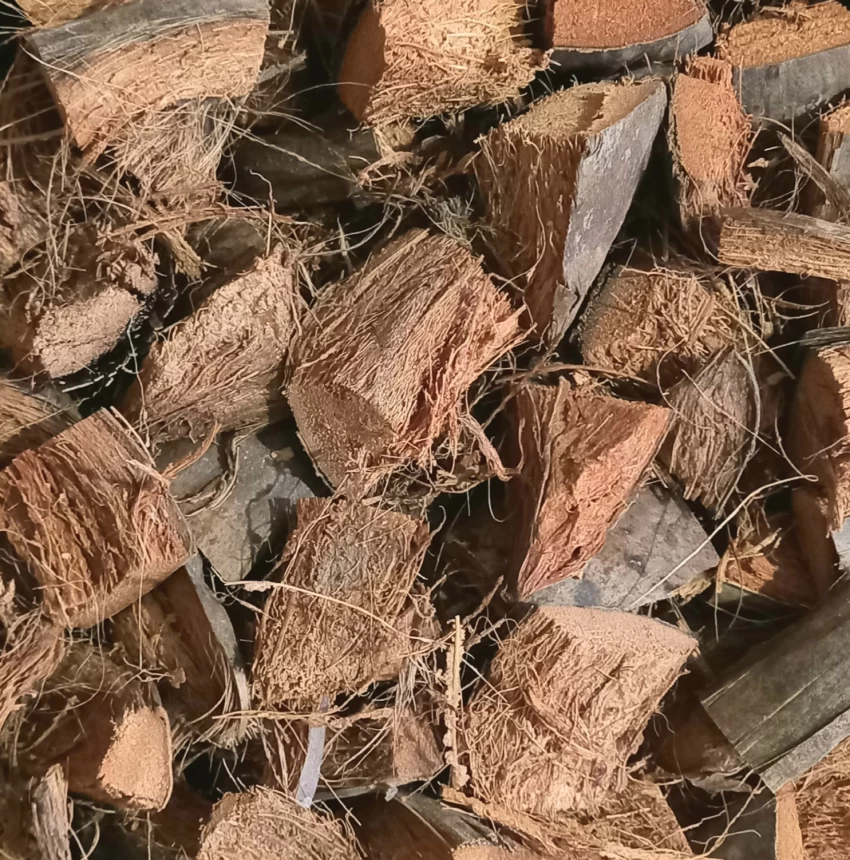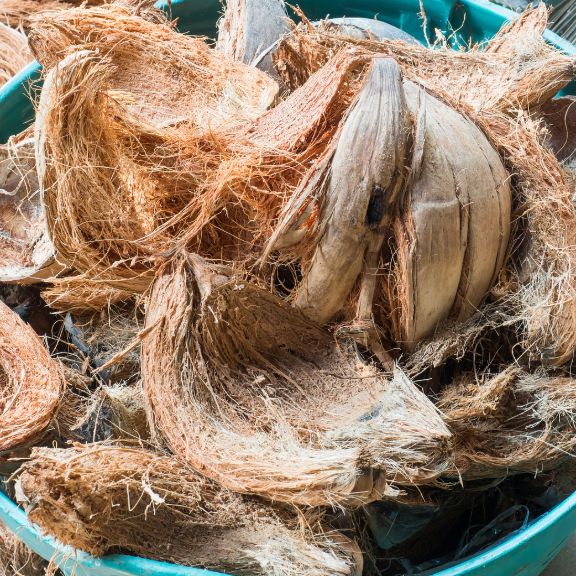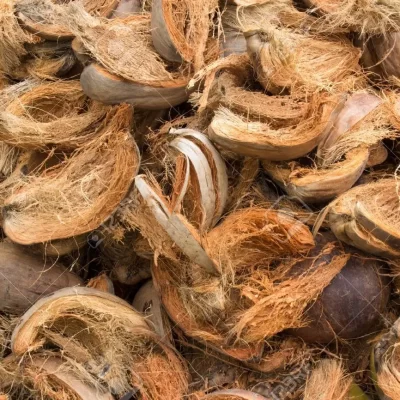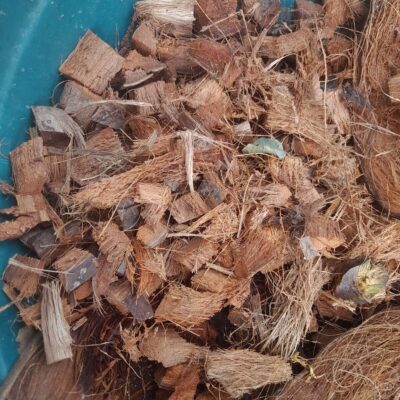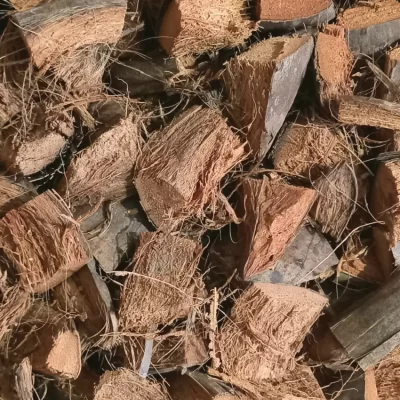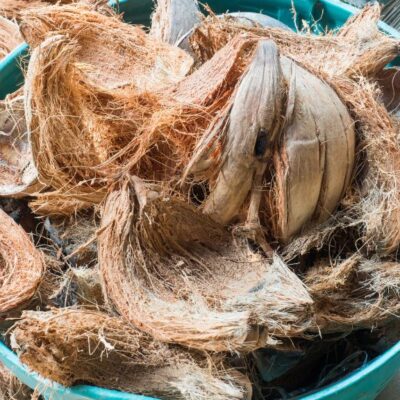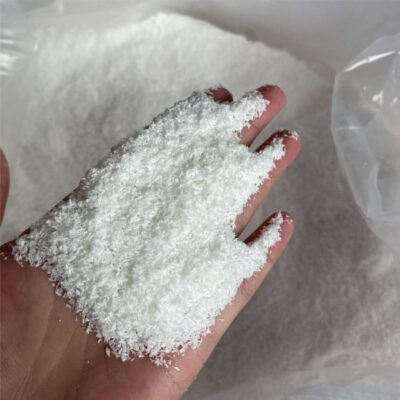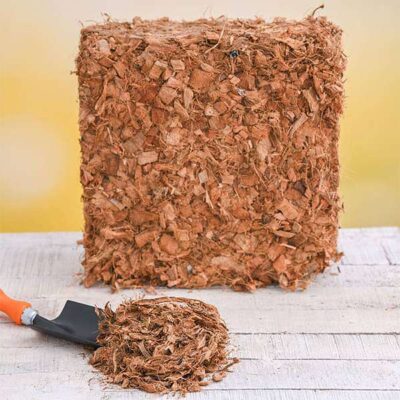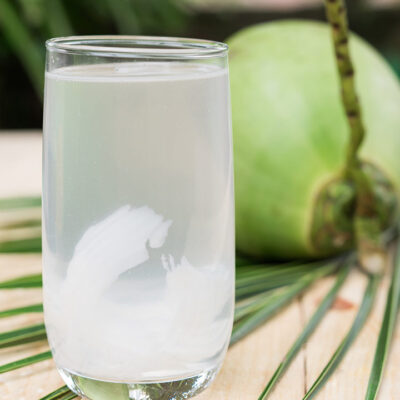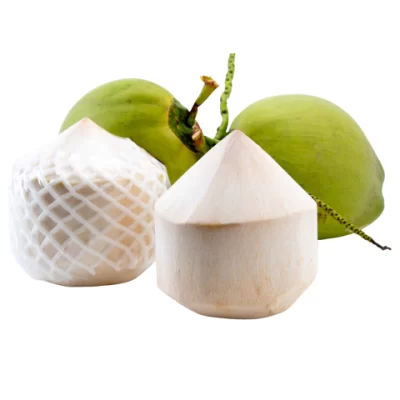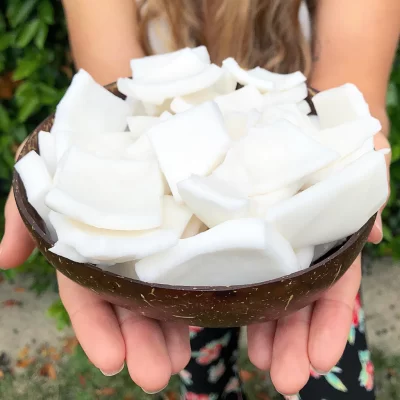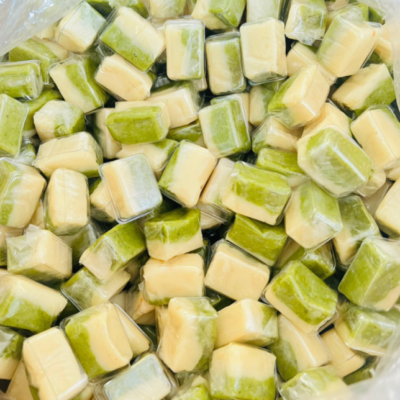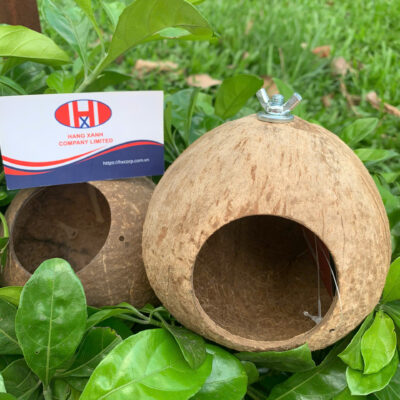The coconut husk, often overlooked, harbors a wealth of practical and eco-friendly uses, contributing to sustainability efforts and providing versatile solutions in various industries.

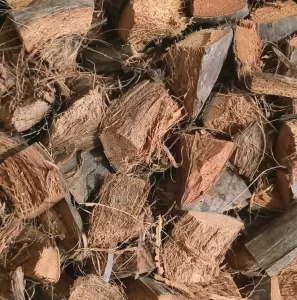
Primarily, coconut husks are utilized in horticulture as a natural and biodegradable alternative to traditional potting materials. Coir, the fibrous material extracted from the husk, is renowned for its excellent water retention properties and ability to aerate soil, making it an ideal medium for seed germination, plant propagation, and soil conditioning. Additionally, coir-based products such as coconut coir pots and liners offer a sustainable alternative to plastic containers, reducing waste and environmental impact.
Beyond horticulture, coconut husks find application in various industries, including agriculture, construction, and manufacturing. The durable and resilient fibers of the husk are used to create ropes, mats, brushes, and geotextiles, providing sustainable alternatives to synthetic materials. Additionally, coconut husk chips and peat serve as effective mulching and soil amendment solutions, enhancing soil structure, moisture retention, and nutrient availability in agricultural and landscaping applications.
Moreover, coconut husks play a crucial role in environmental conservation by reducing waste and promoting sustainable practices. By repurposing husks into valuable products and materials, communities can minimize landfill burden and contribute to circular economy initiatives, fostering a more sustainable and resource-efficient future.
In essence, the coconut husk embodies the principles of sustainability, innovation, and resourcefulness, offering a multitude of practical applications across diverse industries while promoting environmental stewardship and conservation efforts.

